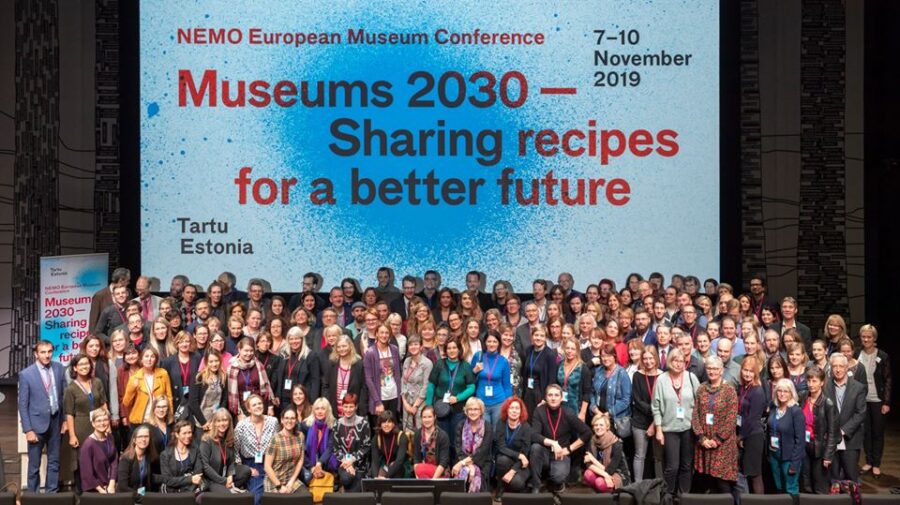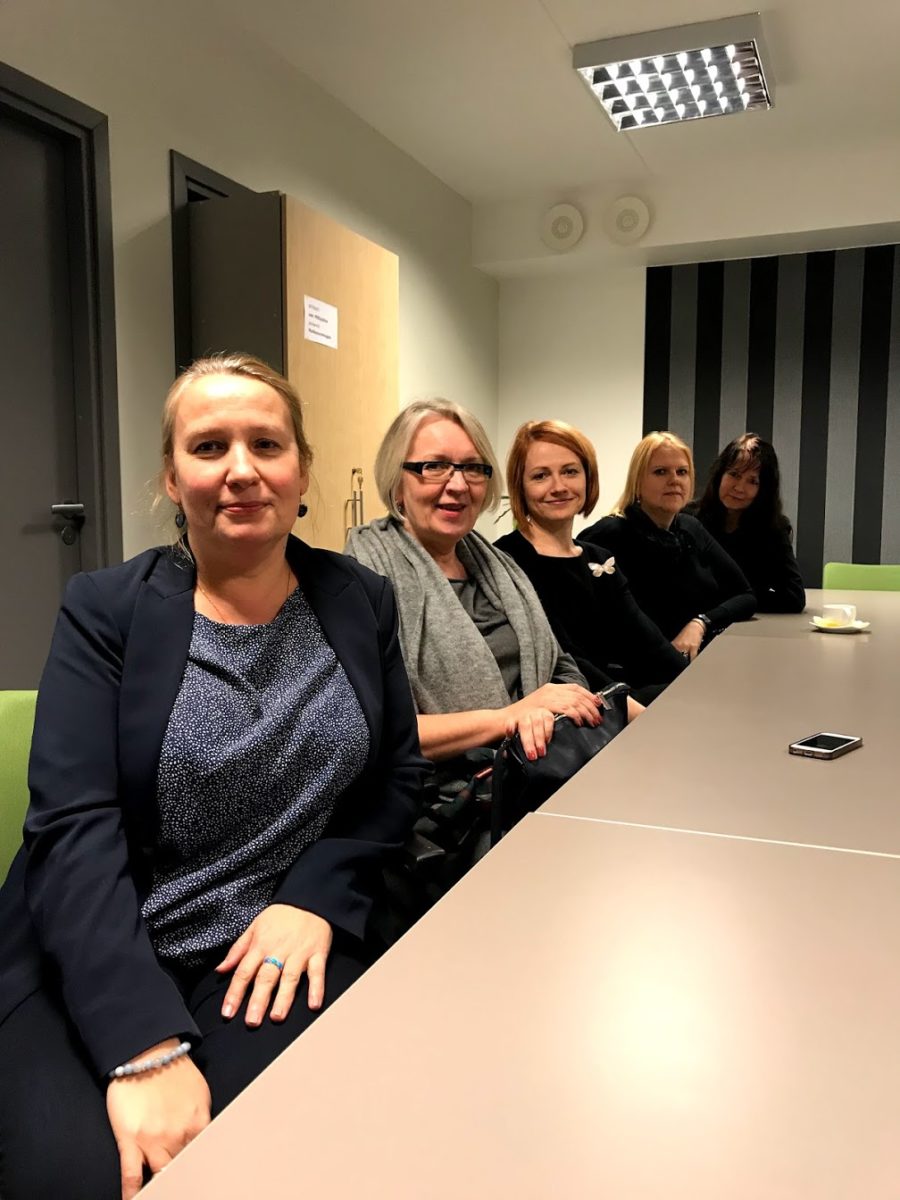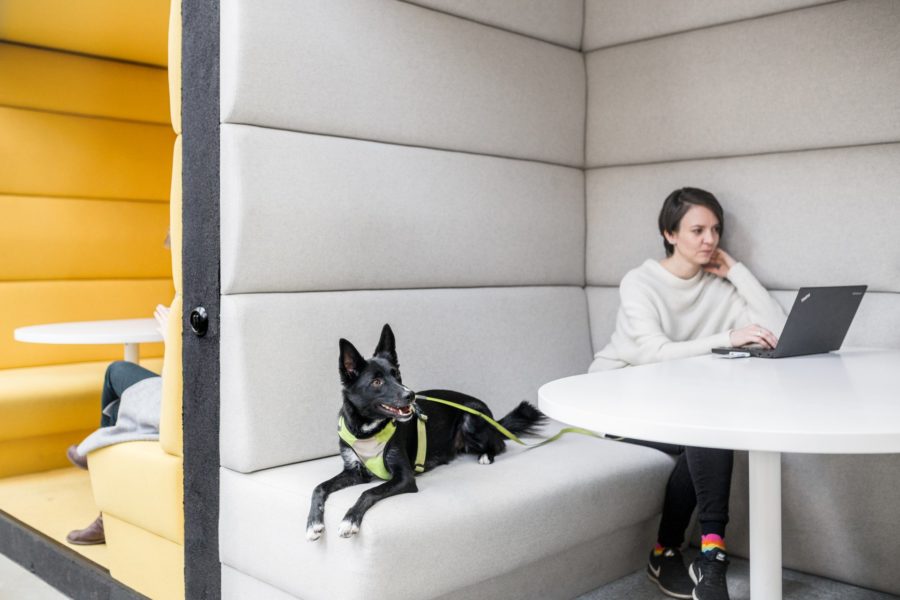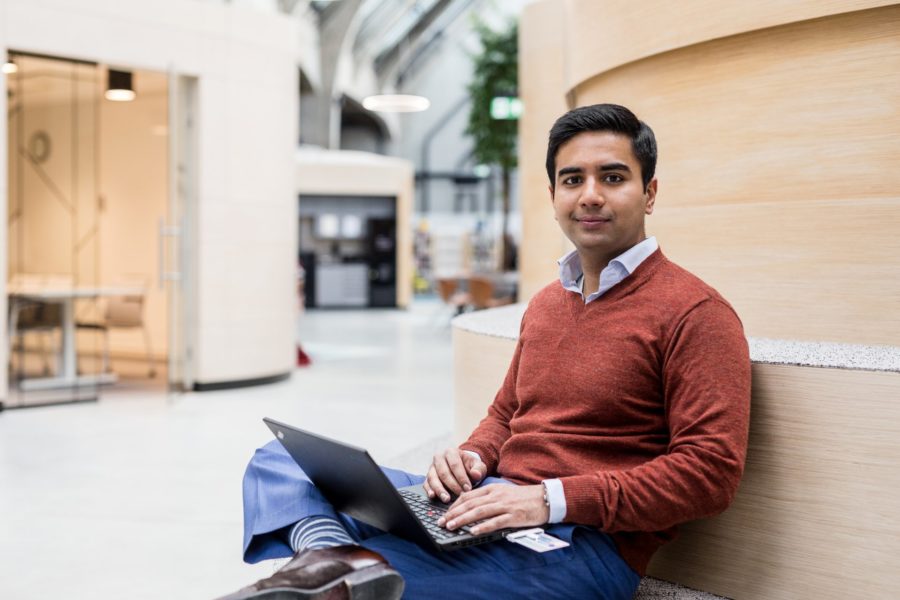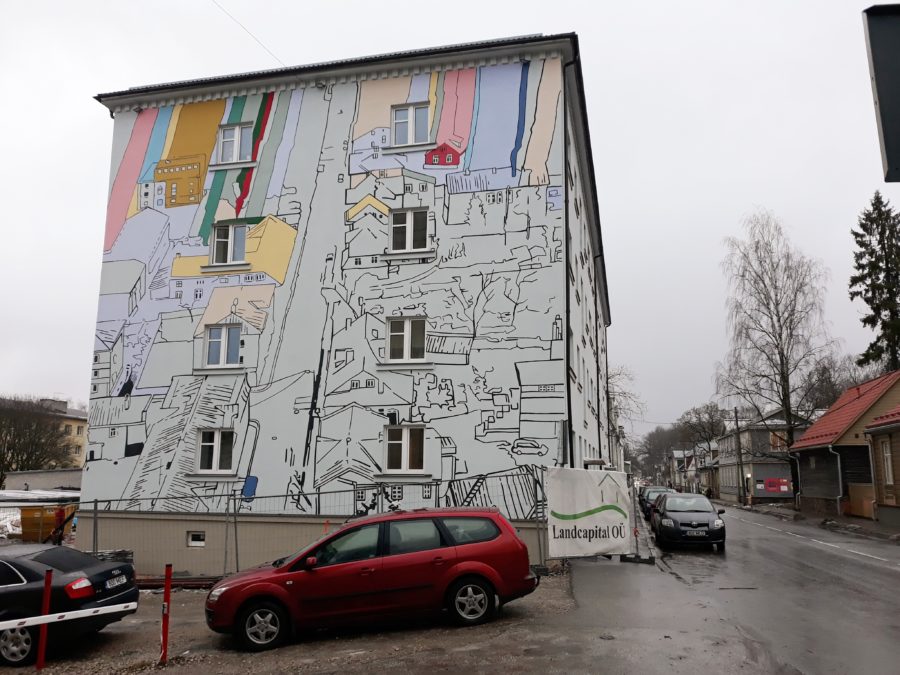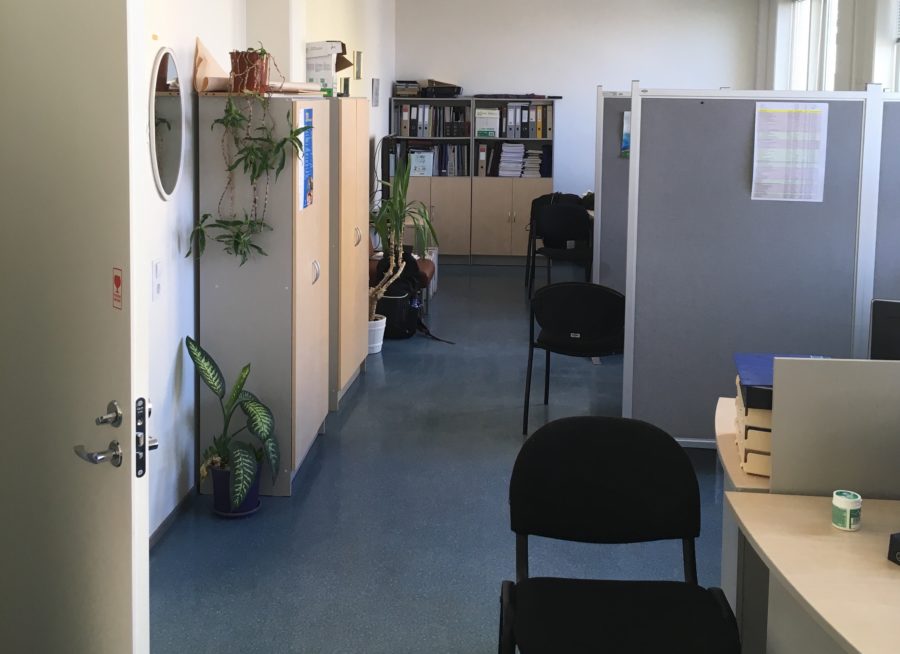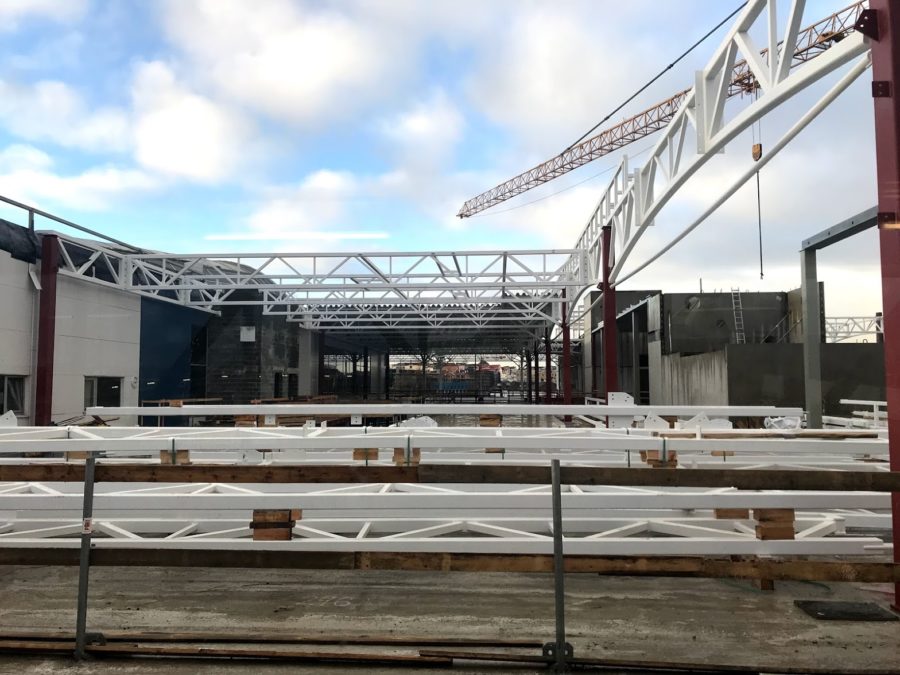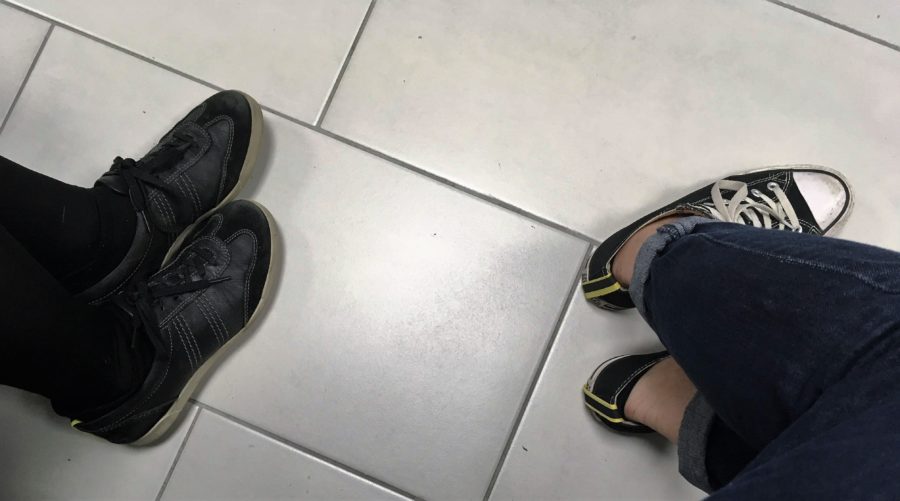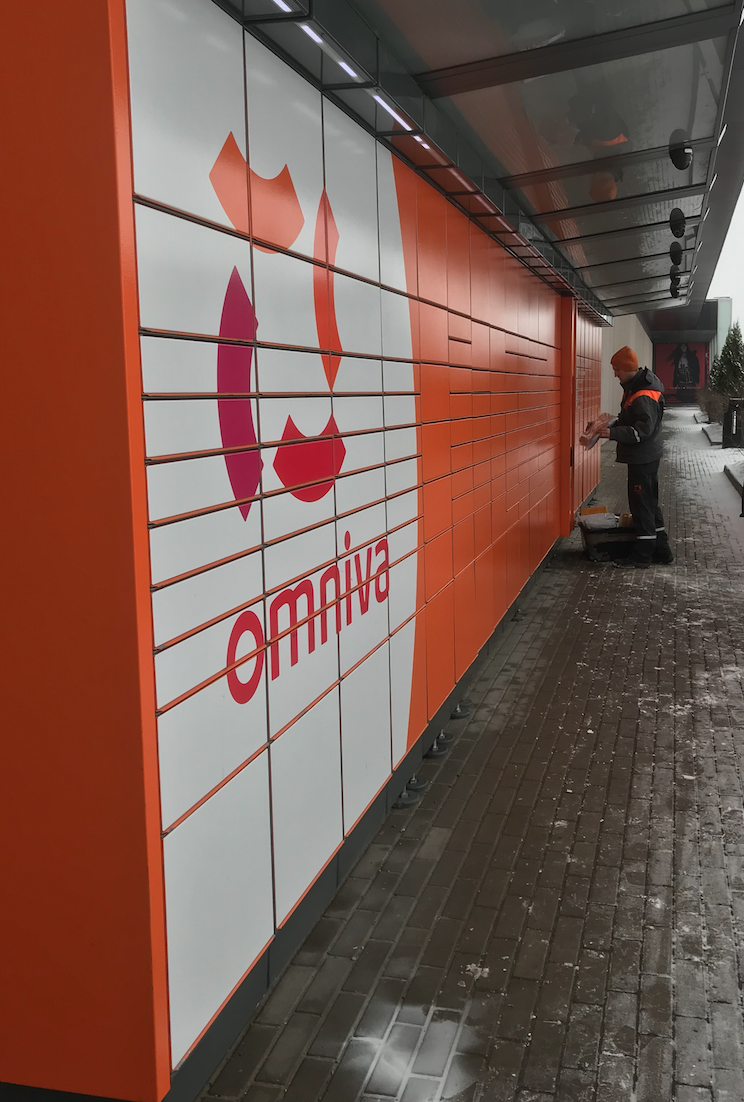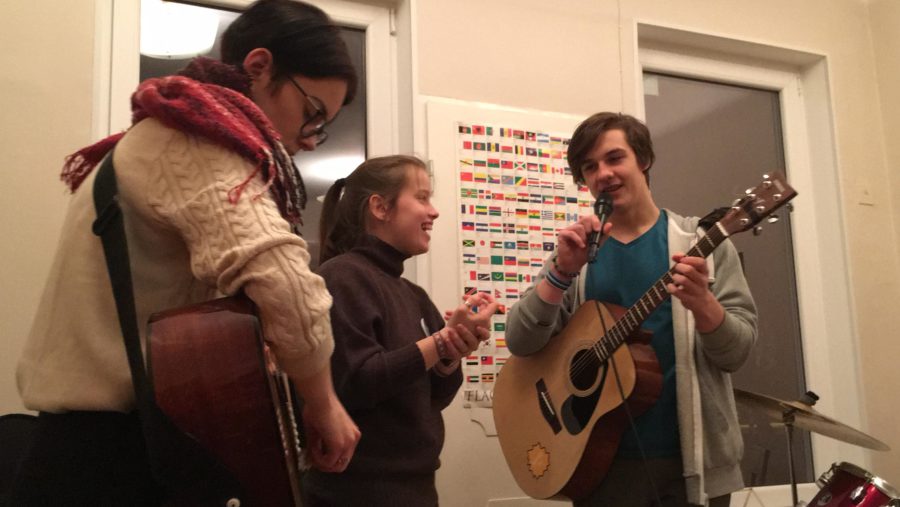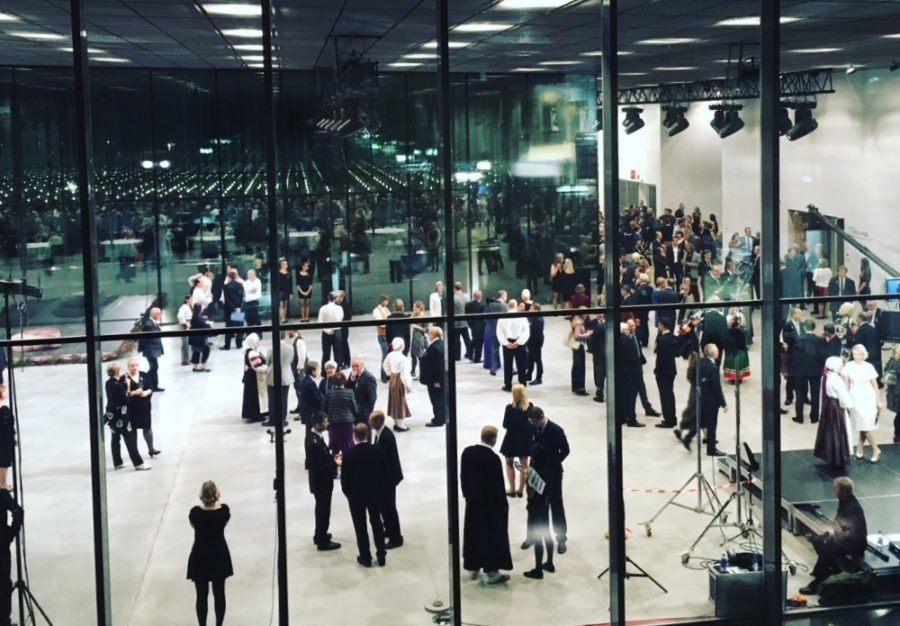Clients' feedback
Our thinking sessions were invigorating, the debates compelling and constructive, refreshing and inspired by contradictions that rose from experiences. I felt at ease because we were thinking along the same lines, our partnership created a space for healthy self-criticism and humour. I enjoy cooperating and co-working with the anthropologists from the Centre for Applied Anthropology of Estonia, because with them the analysis phase is not a mundane task to get over with. Instead, it is a playful exploration, where progress is carried by self-analysis, discovery and learning.
Maie Kiisel Centre for Applied Social Sciences, University of Tartu
During November 2017-February 2018, the Centre for Applied Anthropology of Estonia (CAAE) collaborated with University of Tartu’s Centre for Applied Social Sciences in conducting a research for Estonia’s Youth Work Center, titled “Youth Participation in Decision-Making Processes”. The resarch was based on a premise that the youth in Estonia is not particularly eager to participate in decision-making processes on societal level.
In order to get a better overview of the lifeworld of the youth, the way they sense and conceptualise it, CAAE’s anthropologists carried out fieldwork in five Estonian towns. We employed methods of participant observation and ethnographic interviews with youngsters of different age-groups, and of different ethnic, social and educational backgrounds. One of the aims of the fielwork was to establish contacts with people who are not active in youth work, and to find new ways and forms of engaging the youth.
It emerged from the interviews that young people often associate participation in decision-making processes with political activism, and therefore sometimes fail to see themselves being engaged. Many pointed out that they do not vote at the elections because they feel that they lack both necessary information and life-experience in choosing the right candidates. In their dealings with city officials, the youth clearly sense a hierarchy of age and power, and politicians’ sudden rise of interest towards the needs and wishes of young people prior to the local elections.
The youth also pointed out how there are no places in the public sphere designed for young people and how they can spend time in the public areas only at the mercy of adults. The young people expressed a yearning for much bigger freedom in making decisions over their own life and in conducting their daily activities, incl organising their leisure time.
In order to engage more young people in wider social issues, they need to experience trust, equal partnership and meaningful co-operation.


